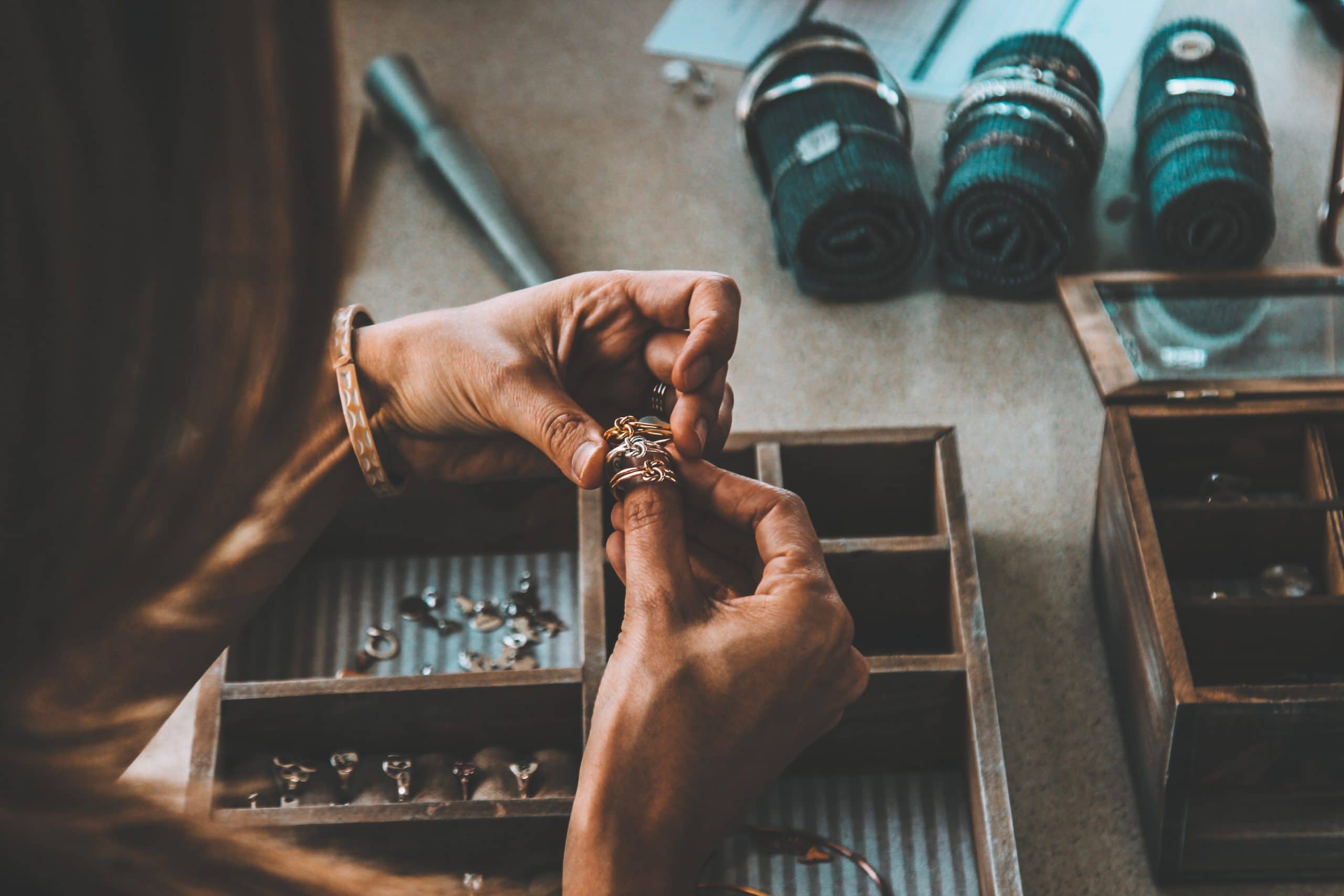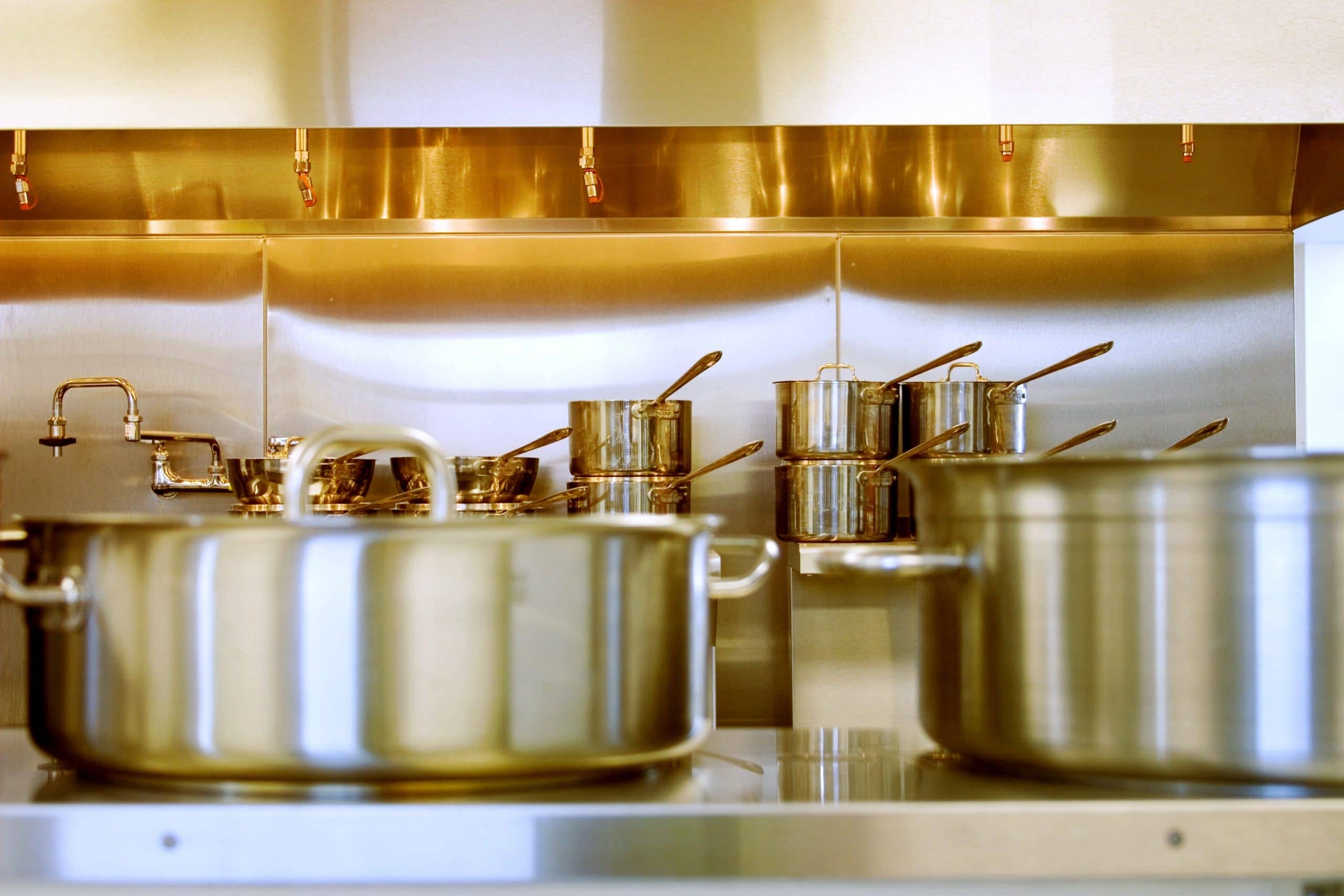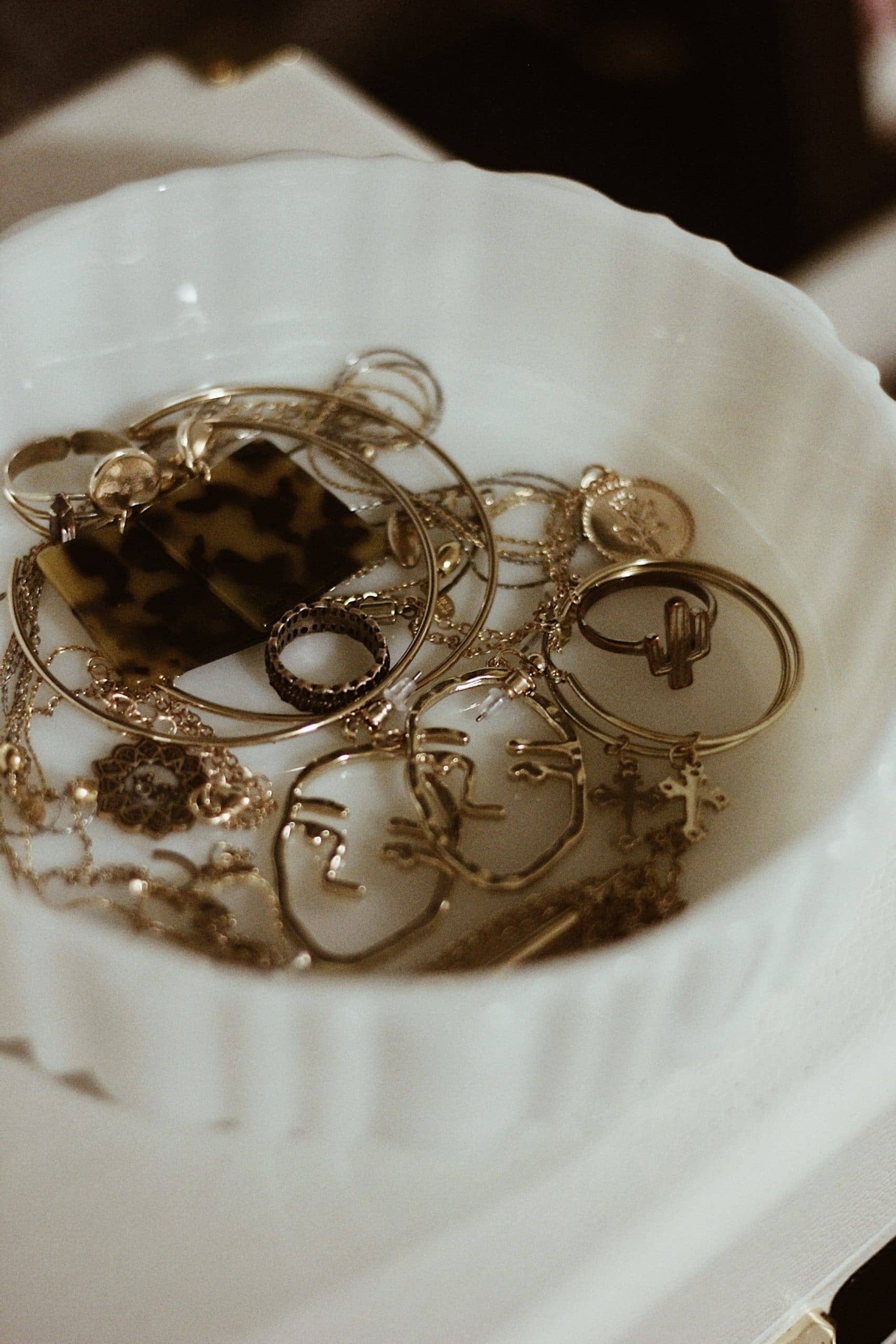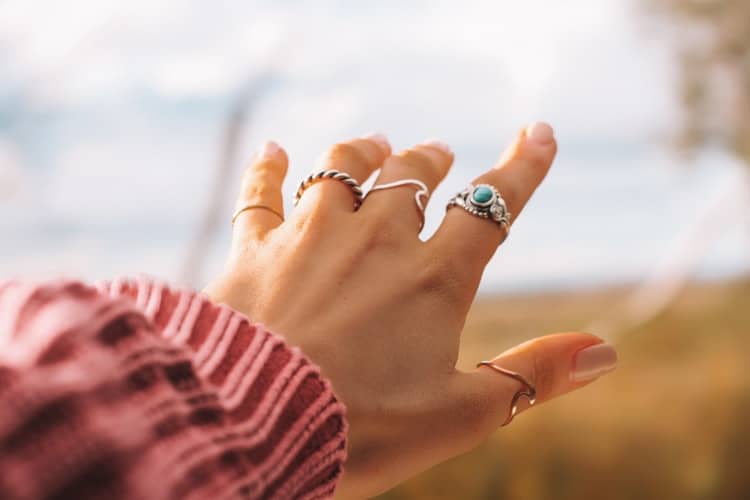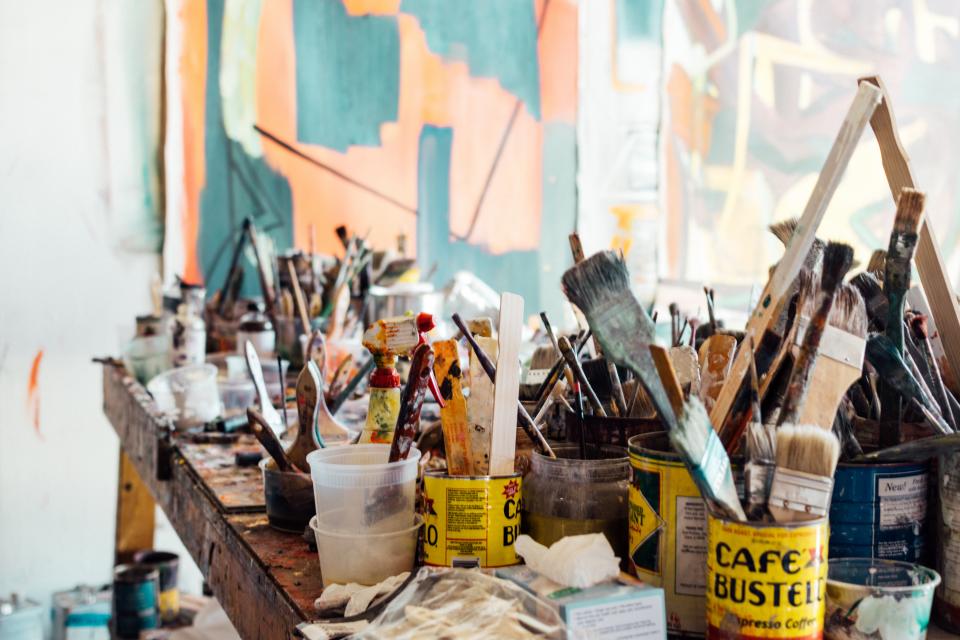Stainless steel has won its popularity in many areas of our lives from adornment making and our household to car producing industry. It is relatively cheap and very strong which makes it a widespread metal for different purposes.
Will stainless steel tarnish? In this article, you will find this and many more answers.
Stainless Steel. What Is Good and What Is Bad About It?
Does stainless steel tarnish? This question bothers many owners of the items made of this metal no matter whether it is adornment or any kitchen utensils. To answer this question, you need to know what this useful and popular metal is made of.
Originally stainless steel is an alloy that contains such elements as chrome, nickel, and titanium. Such a composition allows this alloy to be strong and break-resistant which made it popular in the car-producing industry and as a material for household utensils.
Stainless steel also has a nice silver-like coating which makes it look like silver which, in its turn, makes this alloy a popular material for jewels making.
So it looks nice, it is cheap and easy to afford and it lasts for a long time. So many advantages!
Of course, avoiding stainless steel tarnishing is an important issue because of items made of this alloy are well known for their durability.
Nevertheless, even such a super metal mix has some advantages and weak sides.
| Positive features of stainless steel | Stainless steel flaws |
|---|---|
| This alloy is very durable and strong which makes it resistant to any outside impacts such as scratches, corrosion and color fading. This is possible because of the thin layer of chromium which protects the stainless steel items from any damages. | Even though stainless steel is rather hard and strong, it can still be dented. It may surprise you, but it’s only silver that dents easier than stainless steel! |
| This is also the reason why stainless steel is one of the jewelry metals that don’t tarnish so fast as others do. Items made of this metal don’t require any specific cleaning procedures which make stainless steel jewelry, for example, very easy to take care of. | As a jewelry metal, stainless steel is rather hard to work with as it is quite stiff and difficult to shape or set the stones on it. |
| One more undeniable advantage of this metal is its low price that makes stainless steel items very affordable. | Some stainless steel alloys can contain nickel which makes those items dangerous for nickel allergic people. |
How to Take Care of Stainless Steel Items?

Despite the fact that stainless steel is very impact-resistant, it still requires proper cleaning to keep your jewels or utensils neat and shiny.
How can tarnished stainless steel be returned to its original state?
- Water and soap
To clean your ring or other items, prepare water and liquid soap mix and rub your item with it gently. Then dry with a soft fabric.
- If you noticed any loss of color on your item, immerse it into the lemon juice for half an hour, then rinse and dry. If it’s a delicate item (a ring with a stone, for example), it’s better to use a soft tissue soaked with juice.
- To treat tarnish marks, ordinary vinegar will help. Take a pure vinegar or add an equal part of the water in it and deepen the item into the mixture for fifteen minutes. A soft cloth soaked with vinegar will also work. After that, rinse the item and dry it.
- To avoid scratches on your utensils and especially adornment, use a soft sponge or soft toothbrush, also microfibre cloth will do.
Metals Tarnishing. All You Need to Know About It
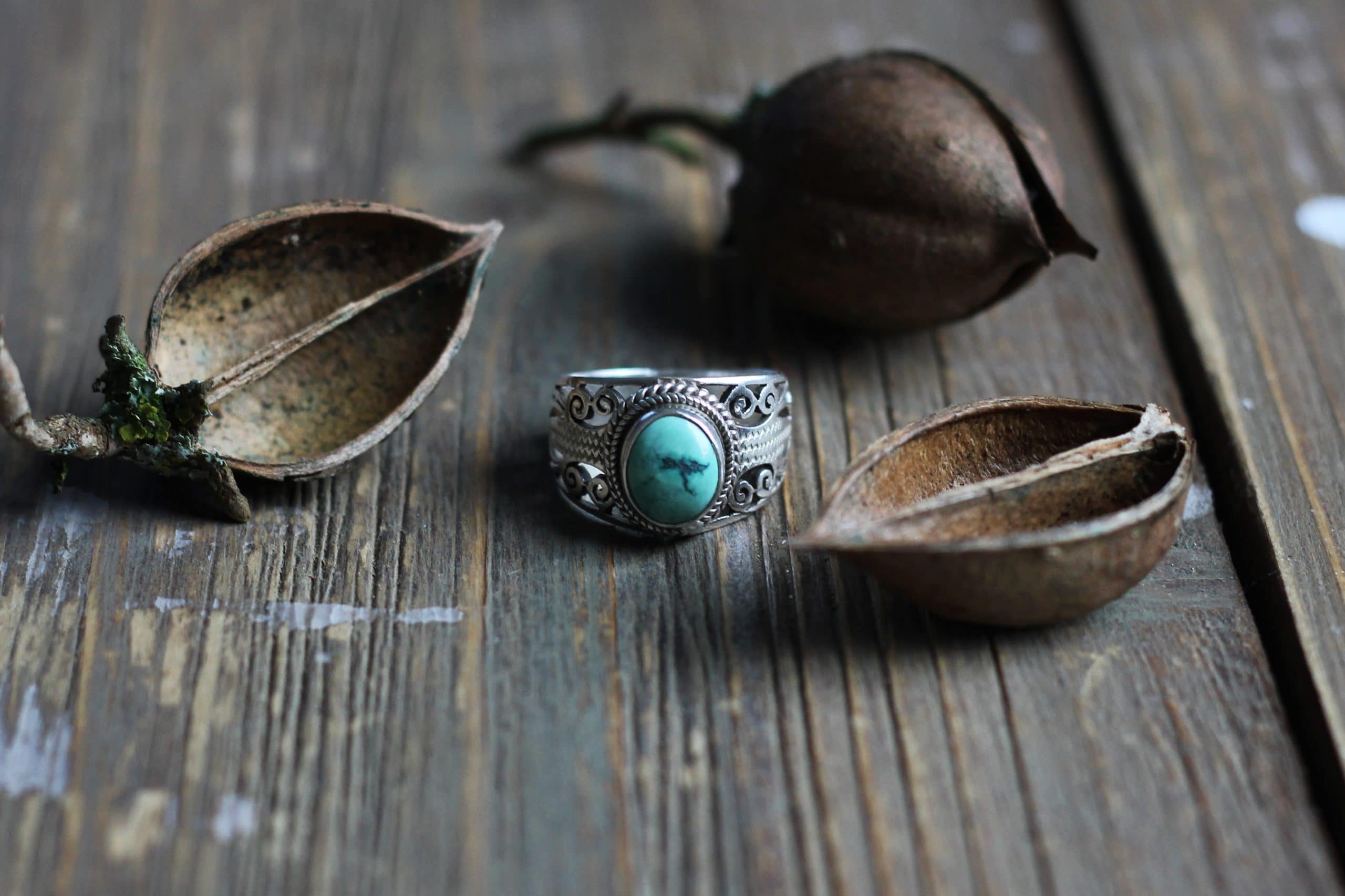
Any girl knows that some gem items get tarnished after a while especially if you wear them constantly. It does cause problems because, when being tarnished, an item loses its looks and shine, its color fades and it looks dull.
And if it is pretty clear how to sort out which precious metals will tarnish and which will not, when it comes to different alloys it may not be so easy.
How to ensure that your new ring or bracelet will not fade after a month of being worn daily? Just check out the following brief guide!
So, what metal doesn’t tarnish?
Aluminum
Does alum tarnish? The correct answer is no! If you own a pure aluminum adornment item, then you can be sure that thanks to its natural protective layer, it will remain the same as shiny as it was when you bought it.
On the other hand, aluminum alloys do tarnish depending on other metals that the alloy consists of.
Stainless steel
Does stainless steel tarnish? No again! It contains chromium which works as a protection against any outside damaging impacts. That’s why items made of this metal won’t fade, tarnish or rust after a while.
Titanium and niobium
These two metals are also tarnish-resistant. Unlike many other metals, titanium and niobium don’t react with oxygen and water which makes them corrosion, tarnish and rust-resistant. So if you want jewelry that won’t tarnish, take a closer look at these two metals.
Metals That May Lose Their Looks
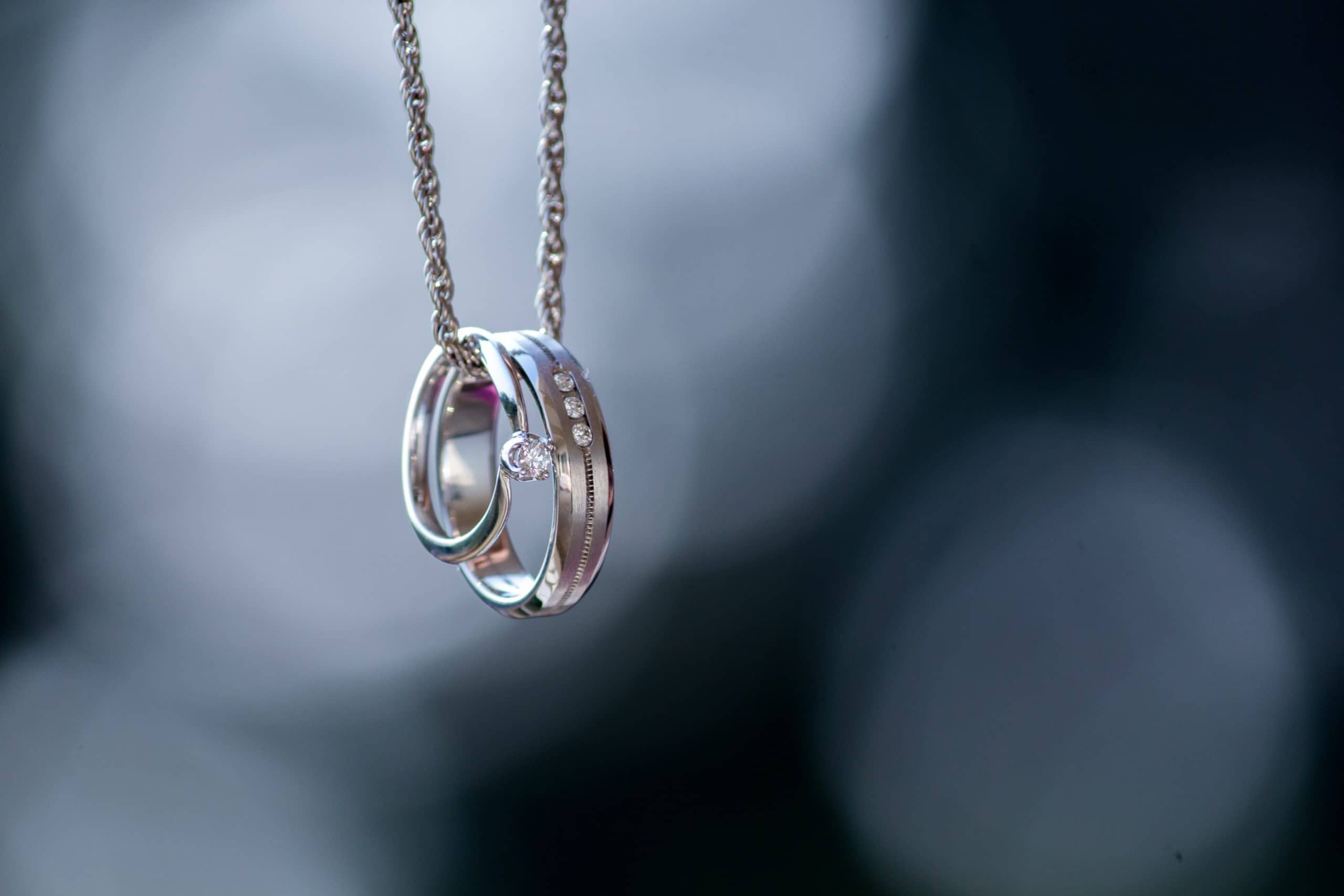
How to be sure that a new pair of earrings that you have just bought won’t fade after a couple of weeks of daily wearing? Simply keep in mind the list of metals that tend to tarnish.
Brass
This alloy of copper and zinc tends to tarnish because copper is easily oxidized with our skin. This is also the reason why brass jewelry can paint out skin green when tarnished.
Gold
If it is a piece of gold plated, gold filled or gold vermeil jewelry, then it may tarnish because of the base metal used in such jewelry items is usually brass, nickel or pewter which are easily tarnished after the plating goes off the base.
Sterling silver
As long as sterling silver contains other metals, it tends to oxidize with the air or with our skin making our skin green.
These tips will help you to keep your stainless steel items shiny and look like new ones without applying much effort and time!
Stainless Steel In Jewelry Making

Have you ever wondered why such a metal as steel would gain such popularity among the jewelers? Of course, the first answer that comes to mind is its appearance, silvery and shiny, that resembles precious metal, however, it is not only this.
Durability
This material is very strong, partly due to the presence of carbon and manganese, and long-lasting compared to gold or silver. This metal is also known for its resistance to external factors like water and scratches – a feature that precious metals often lack. For this reason, jewelers often choose it for making the earrings and other baubles meant for daily use.
Maintenance
Indeed, the maintenance of stainless steel items is very simple. You will only need some soapy water and soft tissue to make the stainless steel jewelry shiny again.
It’s oxidation-resistant
That’s true, this material doesn’t react to oxygen creating rust. For this reason, stainless steel jewels and other items are naturally protected from oxidation.
However, certain issues exist that the owners of stainless steel items have to keep in mind to not damage their belongings by accident.
This material can’t stand chlorine
Yes, such a durable metal has almost no resistance to chlorine! Especially if being exposed to it for a long time. That is why cleaning your stainless jewels with any chlorine-containing chemicals is not a good idea.
It often dents
That’s true. Such a strong metal appears to dent easily! Among all the variety of metals, only the silver is more prone to such deformations.
It may cause allergies
Quite often, stainless steel items have nickel which can cause allergies if you are prone to its impact.
It’s not resistant to all the chemicals
Quite a large variety of chemical substances can damage this metal, however, it’s usually resistant to acidic corrosion.
It’s difficult to work with
Stainless steel has a carbon which partly contributes to its stiffness. For this reason, this steel is hard to work with when making jewels.

